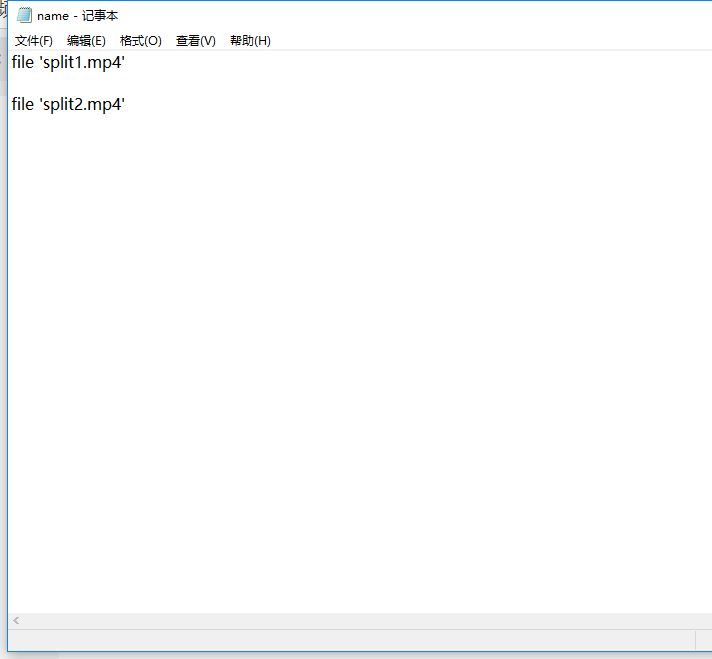

# then replace the "2>/dev/null" in 2 lines above with your log file names, like this: # if you need to log the output of decoding processes (usually not necessary) # kept for each video input, only the header from the first video is neededįfmpeg -y -i $first -vn -f u16le -acodec pcm_s16le -ac 2 -ar 44100 $TMP/mcs_a1 2>/dev/null /dev/null /dev/null" in 2 lines above with your log file names, like this:

# decode first input differently, because the video header does not have to be # handled remove all previous tmp fifos (if exist) # $inputs - all the inputs, except the first input, because 1st input is # get all the command line parameters, except for the last one, which is output # syntax check (has to have at least 3 params: infile1, infile2, outfile # NO NEED TO TOUCH ANYTHING AFTER THIS LINE!Įcho "MultiMedia Concat Script v$VERSION (mmcat) - A script to concatenate multiple multimedia files."Įcho "Based on FFmpeg - echo "Don't forget to edit this script and change EXTRA_OPTIONS" # would create "output.flv" out of "file1.flv" and "file2.flv".ĮXTRA_OPTIONS='-vcodec libx264 -crf 23 -preset medium -acodec aac -strict experimental -ac 2 -ar 44100 -ab 128k' # For example: mmcat file1.flv file2.flv output.flv # If you find any bugs, please send me an e-mail so I can fix it. The inspiration for this script came from this FAQ item:
FFMPEG CONCAT FREE
# The script makes use of FFmpeg tool (and is free for use under # If not, you can easily add audio silence, using FFmpeg. # All input files must have at least one audio and at least one video stream. # final output (just like as if all the inputs were played in a playlist, one # This script concatenates (joins, merges) several audio/video inputs into one # Script name: MultiMedia Concat Script (mmcat) In this case it would be the best to turn on the logging (as described in the script's comments) That could mean that you don't have correct permissions set on /tmp directory (or whatever you set in TMP variable) or that decoding of your input media has failed for some reason. Save the script in a file named mmcat (or some other name), make it executable ( chmod +x mmcat) and run it, using the syntax: If you find any bugs, feel free to correct the script, add yourself to the list of contributors and change the version string to reflect your change(s) or email the author with your patch, whatever you find more convenient. It is based on this FAQ item: How can I join video files, which also contains other useful information. The following script can be used to concatenate multiple input media files (containing audio/video streams) into one output file (just like as if all the inputs were played in a playlist, one after another).

anyone not stuck using an ancient version of ffmpeg for whatever reason) should probably use one of the methods listed in the other article. It is a clever workaround of ffmpeg's then-limitations, but most people (i.e. Note: With any vaguely-modern version of ffmpeg, the following script is made redundant by the concat filter, which achieves the same result in a way that works across platforms.


 0 kommentar(er)
0 kommentar(er)
